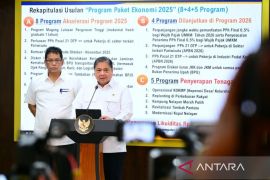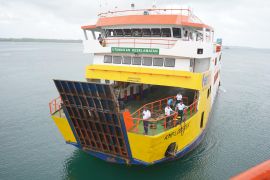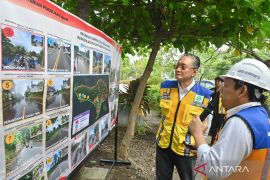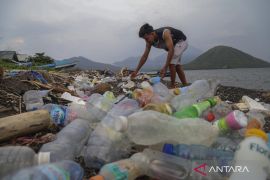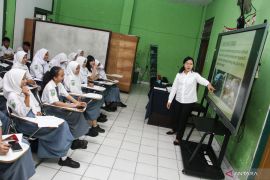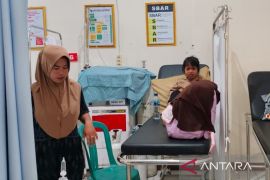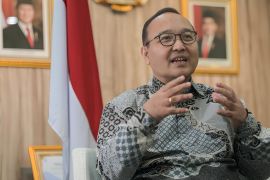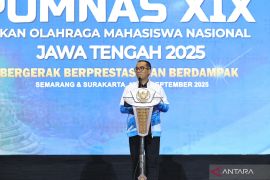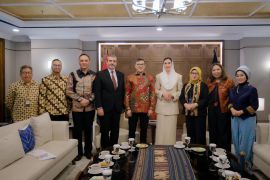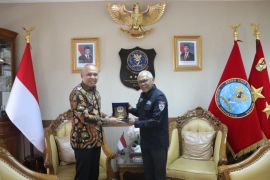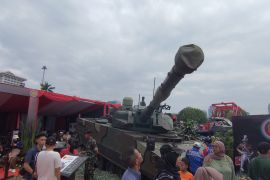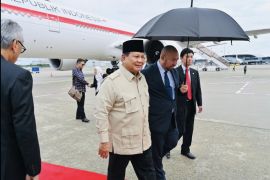"WTO member states need to realize their political will soon to be able to reach a multilateral trade agreement as part of the efforts to protect the interests of small and poor farmers," deputy chief of the permanent mission Ambassador Sondang Anggraini said in a press statement released on Saturday.
Anggraini made the remarks during the Committee on Agriculture Special Session (COASS) of WTO held from July 19 to 20, 2017.
COASS is one of the forums at WTO, which discusses efforts to reform multilateral trade rules on global farm product trade.
The ambassador expressed the hope that the 11th WTO ministerial meeting, which will be held in Buenos Aires in December 2017, will agree on two important trade instruments, namely Public Stockholding for Food Security Purposes (PSH) and Special Safeguard Mechanism (SSM).
The Indonesian government realized that calls for the liberalization of global farm product trade have increasingly become stronger, she noted.
After all, Indonesia as the coordinator of G33, which comprises 47 developing and least developed countries, has consistently striven to get PSH and SSM passed into an effective instrument to create food security, livelihood security, and rural development, she remarked.
"If agreed, PSH will give free policy to developing and least developed countries to give constant support to small and poor farmers by purchasing their rice for stocks at above the market prices and distributing it to the poor at subsidized prices," she pointed out.
The SSM instrument can be used to protect domestic market against possible gluts of imported farm products, which can harm the interests of small and poor farmers, she revealed.
However, under the current WTO trade rules, the use of the two instruments is highly restricted, she added.
She said the two instruments will be very useful as one of the Indonesian governments effort to improve the living standard of small and poor farmers whose number continues to grow.
Data from the Central Statistics Agency (BPS) show 27.77 million or 10.64 percent of the Indonesian population live in poverty as of March 2017. More than 50 percent of poor population are employed in the agricultural sector.(*)
Editor: Heru Purwanto
Copyright © ANTARA 2017
